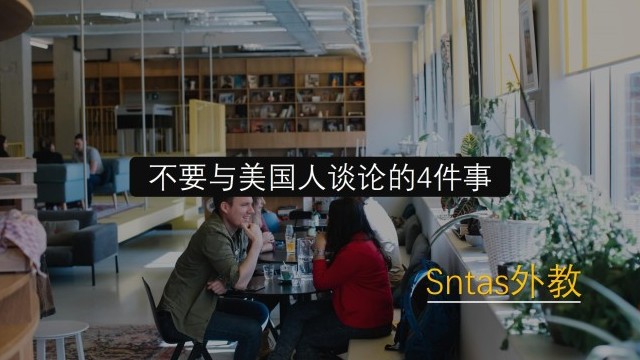英语词性的用法:英语副词的用法介绍
副词在句中主要用作状语,修饰动词、形容词、副词、介词短语或句子。
⑴ 修饰动词,表示时间、地点、程度、方式、频度等。一般位于动词之后,如果动词有宾语,则要位于宾语之后。频度副词常位于助动词和连系动词be 之后或实义动词之前。例如:He arrived only yesterday. 他是昨天才到的。There were clothes lying here and there on the floor. 地板上到处都是衣服。I have been terribly worried about you all day. 我一整天都非常为你担心。She plays the piano very well. 她钢琴弹得很好。The boy is always asking his parents for money. 那个男孩老是向他父母要钱。She never goes to the cinema. 她向来不看电影。
⑵ 修饰形容词、副词、介词短语,一般前置,只有enough例外,需要后置。例如:She seems quite happy. 她看上去相当愉快。You've done rather badly in the test. 你考得够糟糕的。The wind was right in our faces. 风迎面吹来。This girl is not old enough to go to school. 这个女孩还没有到上学的年龄。He didn't run fast enough to catch the train. 他跑得不够快,没有赶上火车。
⑶ 用作表语,多为与介词同形的副词和表示方位的副词。例如:Is anybody in? 里面有人吗?有人在家吗?Father is away. 父亲离家在外。I am downstairs and my brother is upstairs. 我住楼下,我哥哥住楼上。My friend is still abroad. 我的朋友还在国外。
⑷ 少数表示地点或时间的副词还可用作定语,一般位于名词之后。例如:I hope you'll enjoy your stay here. 希望你在这里过得愉快。I met a friend of mine on my way home. 在我回家的路上,我碰到一位朋友。What did you think of the meeting yesterday? 你觉得昨天的会开得怎样?
“very, much”(非常)、“too,either”(也)、“ago,before”(以前)是英语中常见的数对副词,它们之间的用法各不相同,应加以分辨。
1 very, much非常
very修饰形容词、副词的原级,而much修饰它们的比较级,一般来说very much修饰动词。
注意
不能按汉语语序说(×)I very like English.
2 too,either也。
当“也”讲时,too一般用于肯定句,通常放在句末,否定句时用either。
You are a student. I am a student, too.
你是学生,我也是学生。
You aren’t a teacher. I am not a teacher,either.
你不是老师,我也不是。
You are also a teacher.
你也是个老师。
She also wants to learn English.
她也想要学习英语。
注意
also(也)是比too更为正式的用语,它的位置和频度副词的位置一样。
3 ago,before以前
My grandfather died three years ago.
我祖父三年前去世。
I said my grand father had died three years before.
我祖父三年前就去世了。
是以现在为基准,指“距今若干时间以前”,ago不能单独使用,应用three days(years, weeks…)ago,并且和动词的过去时连用。
I met our teacher an hour ago.
一小时前,我碰见了我们老师。
之前有“若干时间”时,指“距那时若干时间以前”,和过去完成时连用。
He said he had finished the work two days before.
过去的某个时间
他说,他二天前就把工作做完了。
(如果这句话没有过去的某个时间“said”,
则应为 He finished the work two days ago.)
前面没有“若干时间”,即单独使用时,是泛指“以前”,常常和完成时连用。
I have seen the film before.
我以前看过这部电影。
(×) I have seen the film ago.
(这句话是以现在为基点,即说话时刚刚过去之前,所以时态用现在完成时,用before而不用ago,且不加任何别的词。如果 before后接其他词如before dinner, before class,则此时的before是介词,不是副词。)











